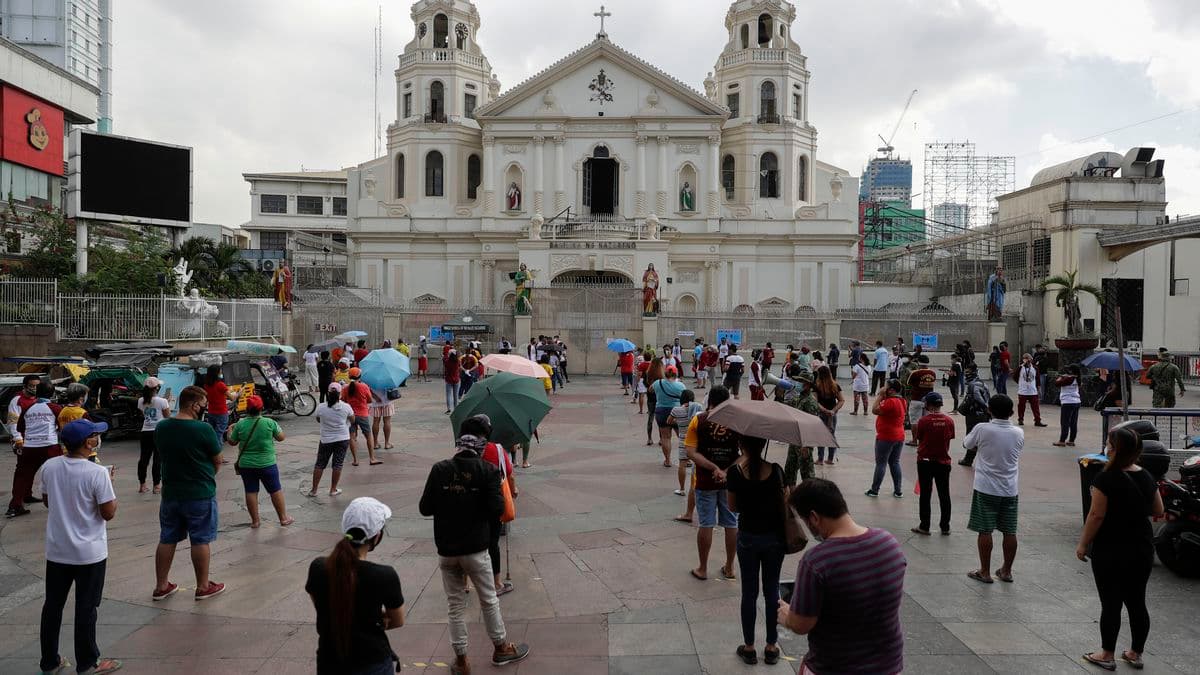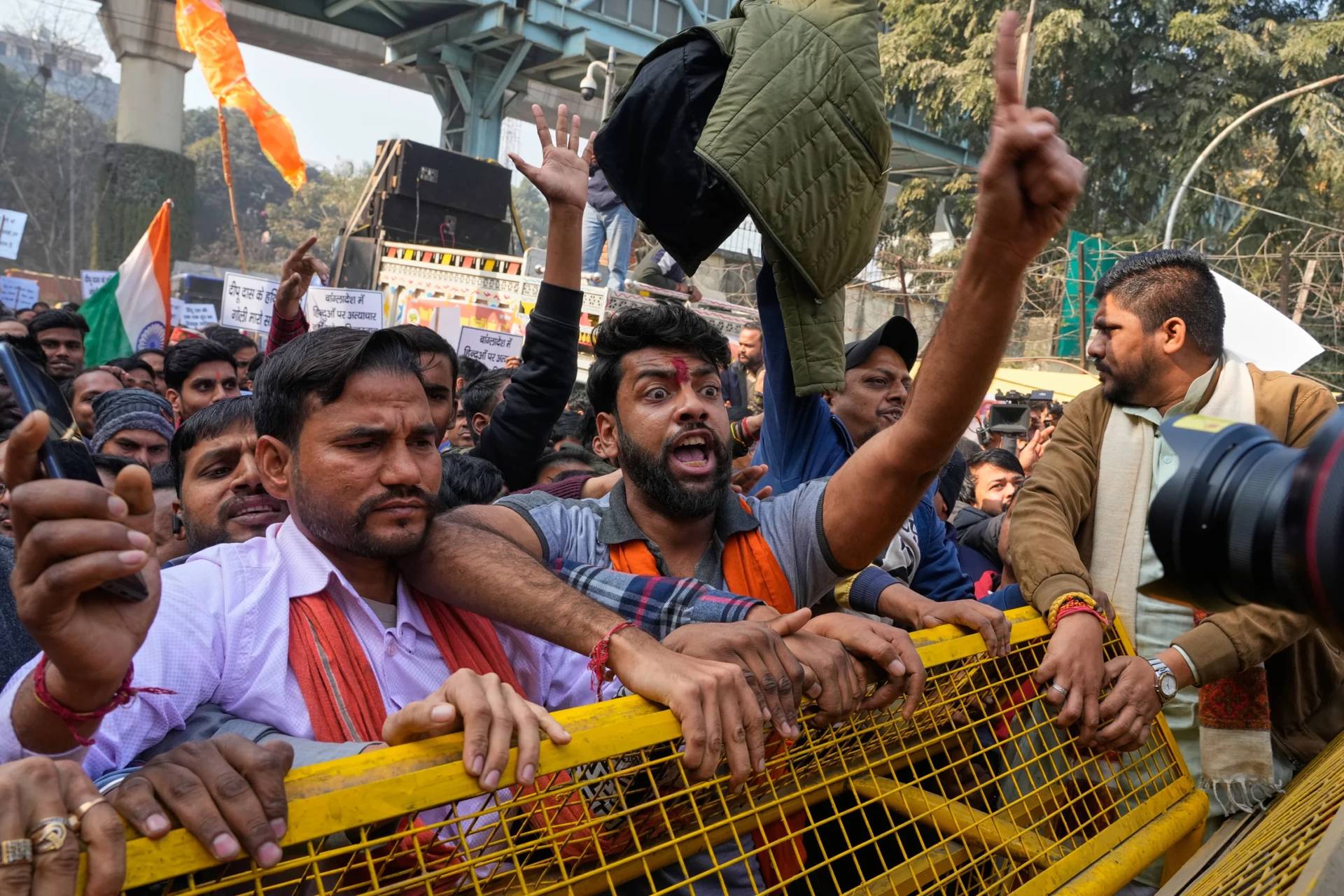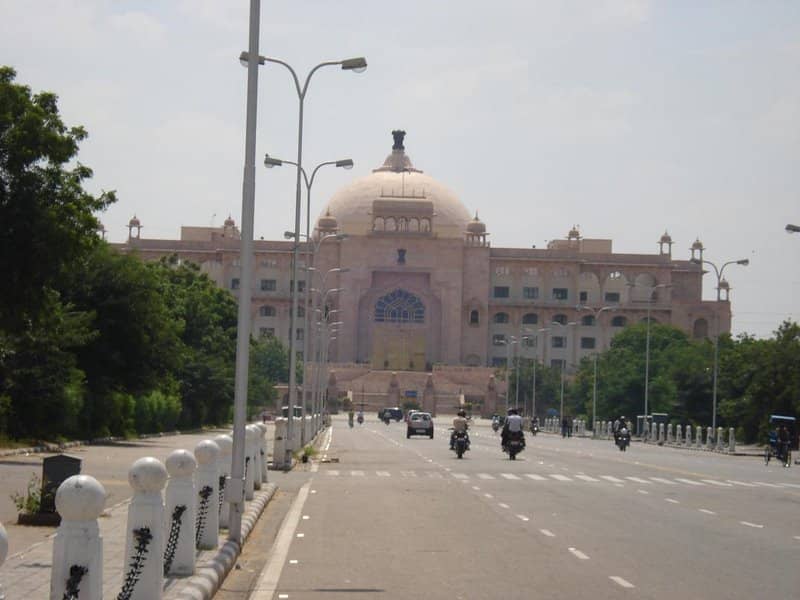For the first time nearly three months, Filipino faithful were able to attend the Mass of the First Friday devotion at the Basilica of the Black Nazarene in Manila.
However, due to the ongoing social distancing measures imposed to prevent the spread of the COVID-19 coronavirus, attendance was limited to 10 people.
“Every time there is a mass, we allow 10 people only,” Father Douglas Badong, parochial vicar of Quiapo Church told the Manila Bulletin.
The basilica houses the statue of the Black Nazarene, considered to be miraculous by many Filipino faithful.

Crowned with thorns and bearing a cross, the Nazarene statue is believed to have been brought from Mexico to Manila on a galleon in 1606 by Spanish missionaries. The ship that carried it purportedly caught fire, but the charred statue survived. Some believe the statue’s endurance, from fires and earthquakes through the centuries and intense bombings during World War II, is a testament to its powers.
Every year, up to 4 million people participate in a procession of the statue through the streets of Manila which takes place every January.
RELATED: Filipino Catholics pray for Mideast peace in Nazarene event
Before the pandemic, thousands of faithful attended the church every first Friday of the month for the Sacred Heart devotion.
The basilica re-started Masses earlier in the week and is also open for private prayer after the government allowed religious gatherings to re-start in the country.
“Those who want to pray, we will allow them to go inside the church but batch by batch,” Badong said. When Mass is not being celebrated, 50 people at a time are allowed in the church, but they are asked to stay only 15 minutes.
The Church is also enforcing other measures to prevent the spread of COVID-19: Facemasks are required, temperatures are checked at the entrance, and visitors are required to use hand sanitizer. The tradition of kissing the statue has also been suspended.
“The devotees were cooperative. They lined up and did not complain about the procedures,” Badong added.
This article used material from the Associated Press.

















